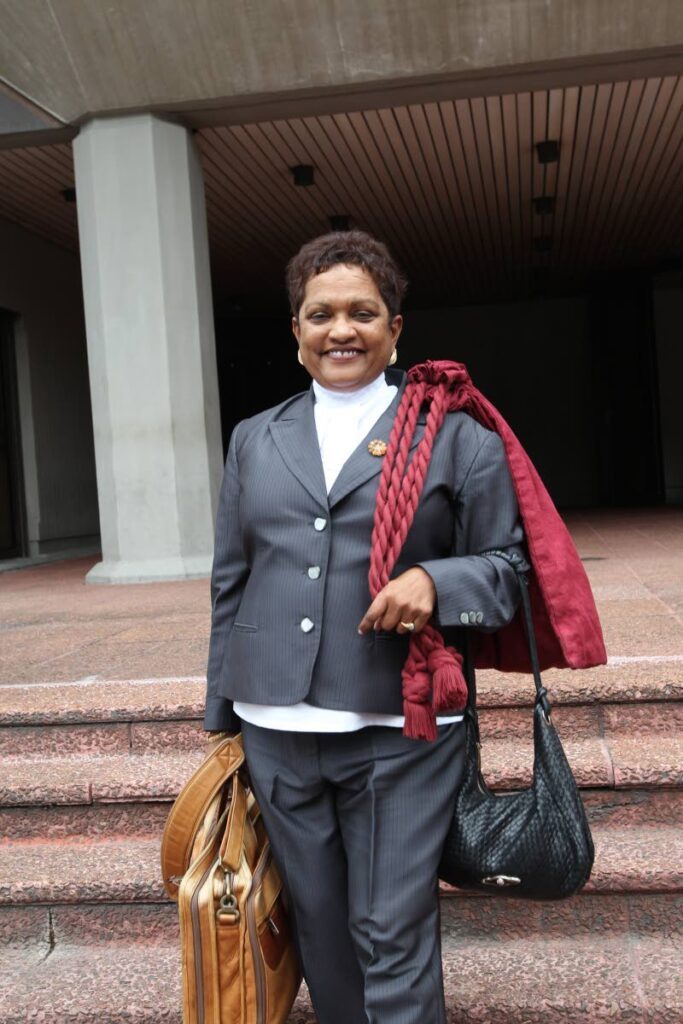Notes on a scandal

THE PROBLEMS that have plagued the Dana Seetahal case from day one reflect not only the wider experience of the criminal justice system, but also complications that arise from disharmony among office-holders as well as outdated constitutional arrangements.
Ten years after Ms Seetahal’s shocking murder, a bizarre mix-up emerged last week.
Director of Public Prosecutions (DPP) Roger Gaspard, SC, told this newspaper that up to May 3, no notes of evidence relating to a preliminary enquiry had reached his office – a matter that would pave the way for a criminal trial.
Yet, on May 4, the judiciary stated an electronic committal bundle “was sent to the Office of the DPP via file transfer protocol in three parts, on December 20, December 21, 2023, and January 5, 2024.” No doubt we will hear more about what exactly has taken place.
But it’s not just a question of where the file is.
That there has been no trial a full decade after Ms Seetahal’s murder is already its own indictment.
The scandalous reality is that such delay is hardly unique, with reports suggesting that in any given year about half of pending matters are more than ten years old.
However, this situation also comes in the wake of a very public war of words that erupted in 2020 between the judiciary and the DPP.
That imbroglio saw claims and counterclaims over who is to blame for the slow pace of justice. Part of the issue then, and possibly even now, related to the status of documents filed electronically ahead of trials.
It is not hard to imagine such disagreements needlessly complicating professional relationships.
Meanwhile, the fact that the DPP and the Government, too, have been at odds deepens the sense that high stakes now attend to otherwise rudimentary administrative matters.
Such is the fruit of a constitution that sees the holders of independent office rely on the executive and others for resources.
That arrangement leaves it to the Cabinet to determine funding, while those on the frontlines must wait decades for key reforms or substantial enhancements of funding and staffing.
The overlap between the judiciary and the staffing of the Office of the DPP, too, is also a product of our constitution that has caused no end of problems, with less prosecutors available because they avail themselves of career advancement through bench appointments.
Looming uneasily, like a spectre, over the Seetahal case is the experience of the Vindra Naipaul-Coolman murder trial, another high-profile matter in which several people were prosecuted a decade after the fact and in which, at one stage after the proceedings ended with acquittals, a file mysteriously disappeared.
Ms Seetahal, a prominent prosecutor, senior counsel and public figure, is turning in her grave.


Comments
"Notes on a scandal"